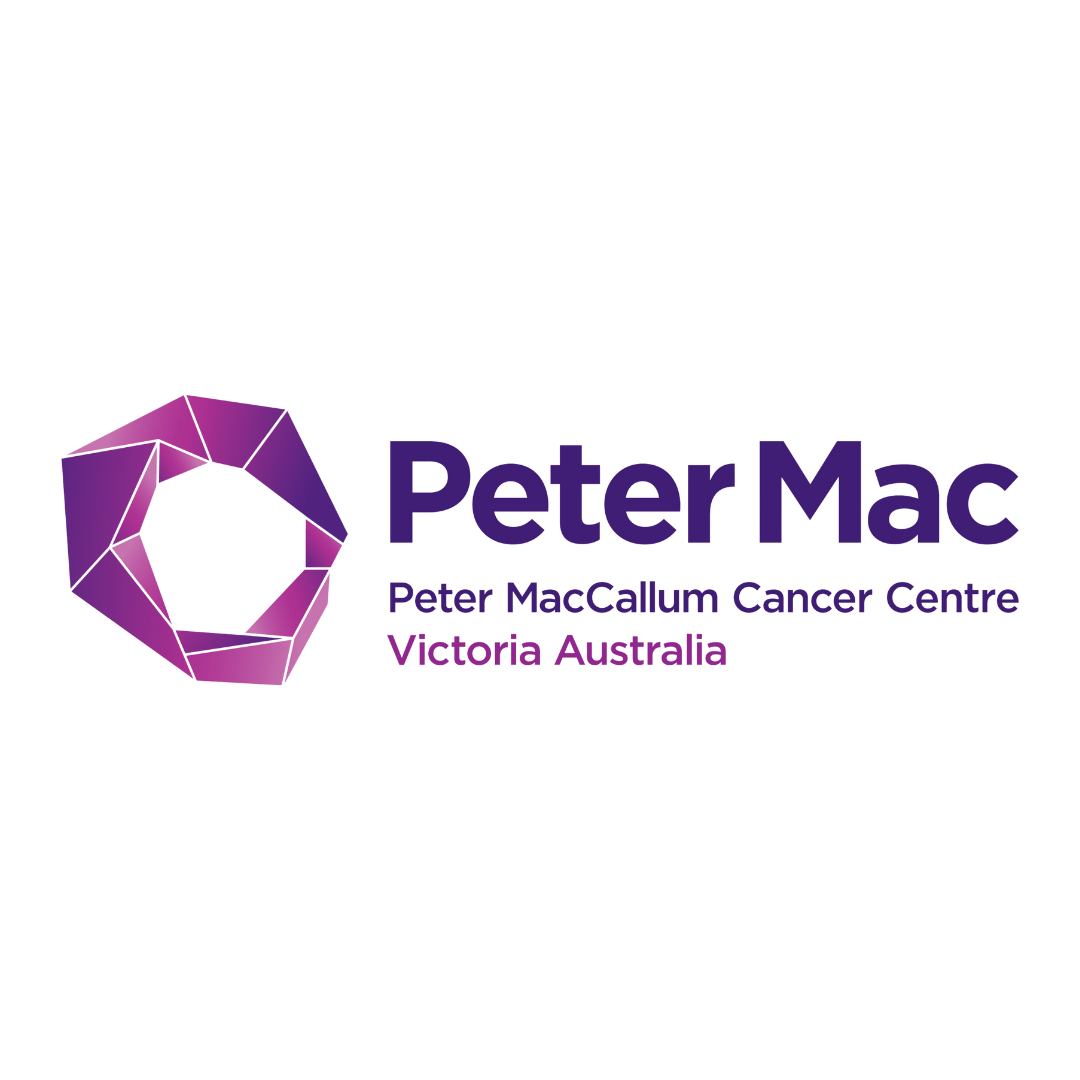Have you ever wondered what it takes to wear the superhero nursing cape (or should that be scrubs? 😀)
Or are you pondering how to transform your passion for helping others into a real-life superpower?
Get ready to dive into the realm of stethoscopes, scrubs, and saving lives as we uncover the mysteries of becoming a registered nurse with our pals at Peter MacCallum Cancer Centre!
Grab your curiosity, and let’s unravel the journey together!
Academic Pathways to Become a Registered Nurse
The academic journey towards becoming a registered nurse typically begins with obtaining a Bachelor of Nursing (BN) degree.
However, there are alternative pathways for students who may not meet the requirements or prefer different educational routes, such as:
- Bachelor of Nursing (BN): The most common pathway is to pursue a BN degree from an accredited nursing school. These programs provide comprehensive nursing theory, clinical practice, and healthcare skills training.
- Diploma of Nursing: Students can opt for a diploma program, which offers a shorter duration than a bachelor’s degree. Upon completion, graduates can work as enrolled nurses under the supervision of registered nurses.
- Bridging Programs: For individuals holding a diploma in nursing or related qualifications, bridging programs offer a pathway to upgrade their credentials to a bachelor’s degree in nursing.
The Importance of Gaining Practical Experience
Hands-on clinical experience is integral to nursing education, allowing students to apply theoretical knowledge in real-world healthcare settings.
Practical experience is typically gained through:
- Clinical Placements: Nursing programs include supervised clinical placements in hospitals, aged care facilities, community health centres, and other healthcare settings. These placements provide invaluable opportunities to interact with patients, practice skills, and work alongside experienced healthcare professionals.
- Simulation Labs: Many nursing schools have simulation laboratories equipped with lifelike mannequins and medical equipment. These simulations replicate clinical scenarios, allowing students to develop critical thinking, decision-making, and patient care skills in a controlled environment.
- Volunteering and work experience: You don’t have to wait to be enrolled to gain relevant experience. Consider volunteering to help with aged care homes or within community centres that run classes and workshops for different community groups. These experiences will help you build your essential skills and give you an excellent starting point when applying for future opportunities.
Focusing On Professional Development
Becoming a registered nurse is just the beginning of a lifelong journey of learning and professional growth.
Here are some key considerations for ongoing development:
- Continuing Education: Nursing is a dynamic field with constant advancements in healthcare practices, technologies, and treatments. Registered nurses are encouraged to pursue continuing education opportunities, such as workshops, seminars, and further qualifications, to stay updated and enhance their knowledge and skills.
- Specialisation: Nurses can specialise in pediatric nursing, mental health nursing, critical care, or aged care. Specialisation often involves additional training, certification, or advanced degrees, allowing nurses to focus on areas of interest and expertise.
- Professional Associations: Joining professional nursing associations provides access to resources, networking opportunities, and support for career advancement. Associations such as the Australian College of Nursing (ACN) offer memberships, educational programs, and advocacy for nurses at all stages of their careers.
Exploring Nursing Personal Attributes
Beyond academic qualifications and clinical skills, specific personal attributes are essential for success in nursing:
- Compassion and Empathy: Nurses must genuinely desire to care for others and empathise with patients experiencing physical or emotional distress.
- Communication Skills: Effective communication is critical for building rapport with patients, collaborating with healthcare teams, and providing clear instructions and support.
- Resilience and Adaptability: Nursing can be emotionally and physically demanding, requiring resilience to cope with stress, adversity, and long hours. Nurses must adapt quickly to changing situations and prioritise patient safety and well-being.
- Critical Thinking: Nurses must think critically, analyse information, and make informed decisions in fast-paced, complex healthcare environments.
Unlock Your Nursing Superpower Today
Becoming a registered nurse is a fulfilling and challenging journey that requires dedication, perseverance, and a genuine passion for caring for others.
The Peter MacCallum Cancer Centre has plenty of resources to help you understand, explore, and start a dynamic career in this vital industry!
Working With the Peter MacCallum Cancer Centre
Committed to supporting their nurses both professionally and personally, the Peter MacCallum Cancer Centre offers plenty of education and professional development opportunities; perfect for those who want to take their careers to the next level! What’s more, you’ll be receiving salary packaging, discounted health insurance, inhouse psychological support and EAP, to boot.
But don’t take our word for how great they are; hear from Josh Hart, a Peter Mac Graduate turned radiotherapy nurse here!
Head to their dedicated profile to get started today.

